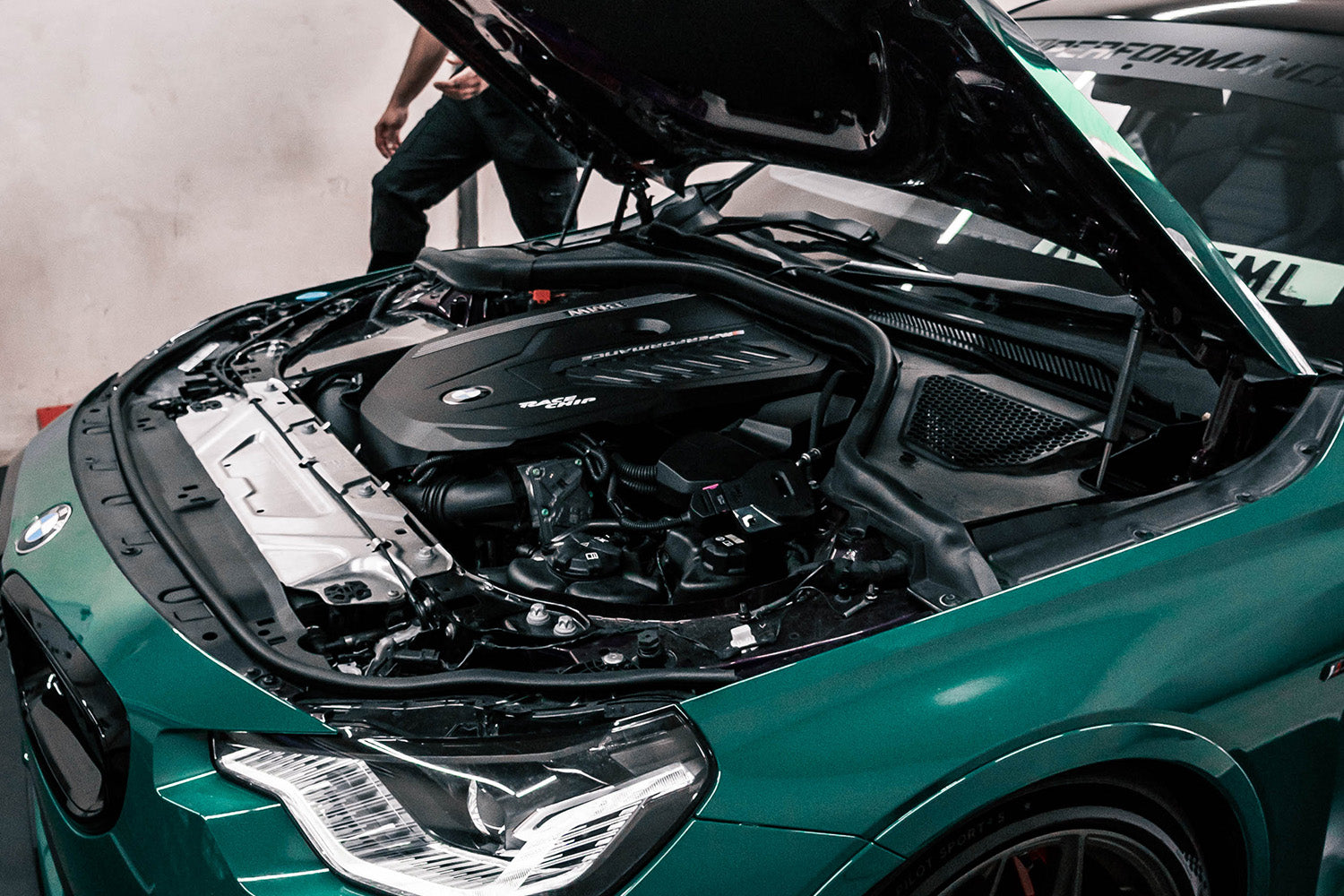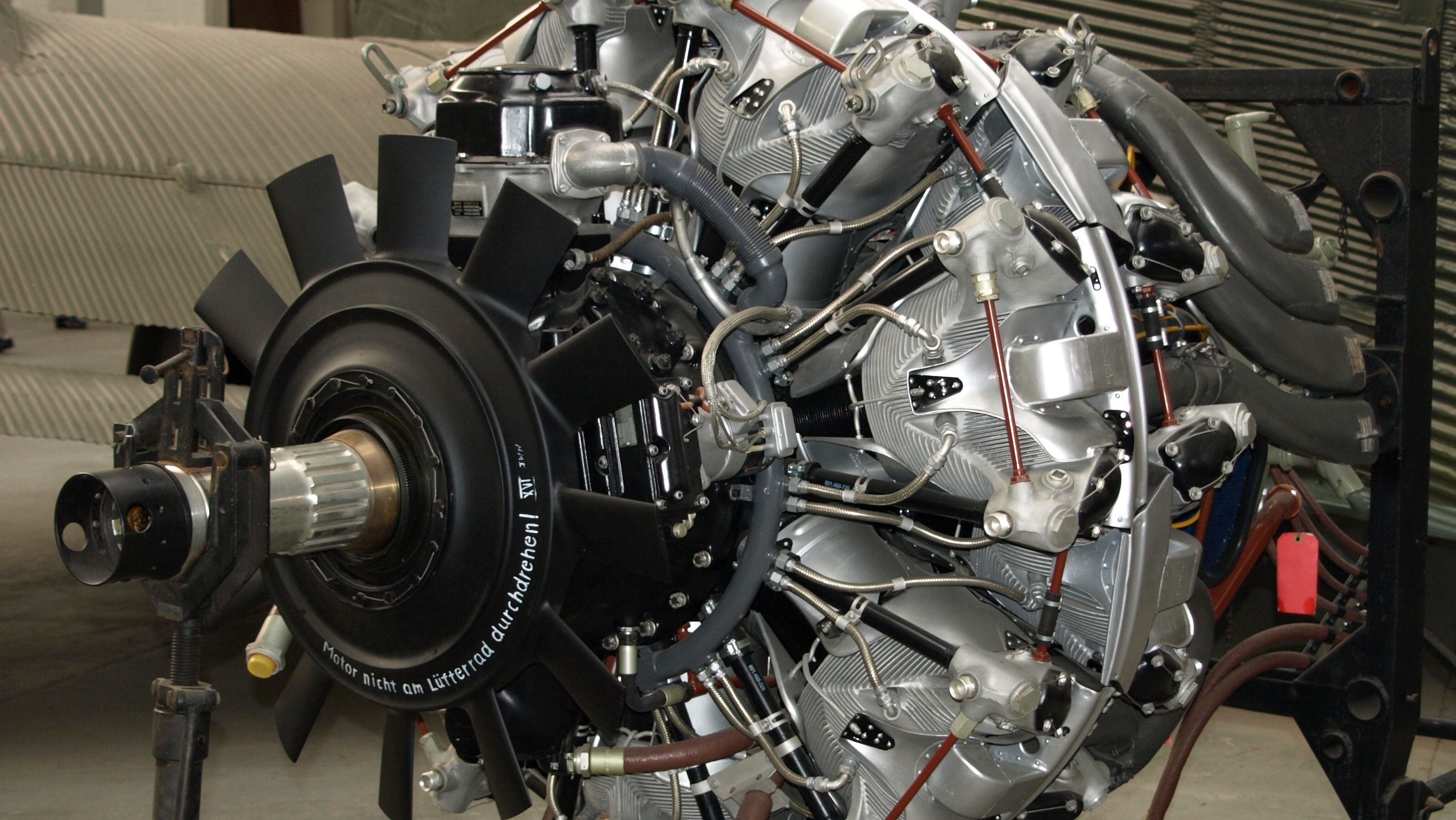A Comprehensive Guide to Recognizing BMW Engine Specifications
Introducing the Intricacies of Next-Generation Power Units: a Deep Study Advanced Engine Styles and Technologies
As we stand on the precipice of a new period in transport, the ins and outs of next-generation engine styles beckon us to check out the sophisticated innovations and technologies that assure to redefine the driving experience. Delving deeper right into the worlds of emission control, intelligent engine monitoring systems, and the horizon of power system advancement, we discover ourselves on the cusp of a transformation that guarantees to reshape the landscape of wheelchair as we understand it.
Advancement of Engine Materials

The shift in the direction of advanced engine materials has actually additionally allowed designers to make engines with greater power outputs while keeping fuel performance standards. The use of lightweight materials reduces the total weight of the engine, leading to enhanced fuel economic climate and lower exhausts. In addition, developments in materials technology have actually enabled much better thermal administration within engines, leading to raised reliability and durability.
Turbocharging and Supercharging Technologies
Just How do Turbocharging and Supercharging Technologies reinvent engine efficiency and effectiveness in modern automobiles? Supercharging and turbocharging are modern technologies that considerably improve engine performance by enhancing the amount of air consumption right into the combustion chamber. Turbocharging achieves this by making use of a generator driven by exhaust gases to pressurize the consumption air, while supercharging makes use of a belt- or chain-driven compressor to accomplish the exact same effect.
These technologies enable smaller sized, much more fuel-efficient engines to generate power equivalent to larger ones, called downsizing. Forcibly more air into the cyndrical tubes, turbo charging and turbocharging boost combustion efficiency, causing boosted horsepower and torque result without a substantial boost in engine dimension. This leads to better acceleration, pulling ability, and general driving performance.
Moreover, turbocharging and supercharging add to boosted fuel effectiveness by allowing the use of smaller engines that eat less gas under typical driving problems - bmw engine. This combination of boosted efficiency and effectiveness has made turbocharging and turbo charging indispensable components of lots of modern engine designs
Discharge Control and Environmental Influence
With enhancing global issues concerning air top quality and environmental sustainability, the execution of emission control modern technologies in vehicles plays a crucial role in lowering dangerous pollutants released into the ambience. Modern lorries are equipped with advanced discharge control systems that aid minimize the environmental impact of vehicle operations. Catalytic converters, for example, are made to convert poisonous gases such as carbon monoxide, nitrogen oxides, and hydrocarbons into much less damaging compounds like co2 and water vapor.
In addition, innovations in engine modern technology, such as the combination of exhaust gas recirculation systems and discerning catalytic reduction, have considerably added to decreasing discharges. These innovations function in tandem to maximize burning effectiveness and reduce the launch of hazardous toxins into the air. Furthermore, the growth of hybrid and electric cars stands for an important action towards decreasing the general environmental impact of the transportation sector.
Intelligent Engine Monitoring Equipment

Moreover, these systems news enable vehicles to meet rigid discharges standards without endangering efficiency, providing a more eco-friendly driving experience. The assimilation of synthetic knowledge and artificial official statement intelligence capabilities in engine administration systems proceeds to push the borders of what is feasible, bring about additional enhancements in performance, integrity, and general lorry efficiency. bmw engine. As vehicle innovation advances, smart engine management systems will play an essential role in shaping the future of transport towards an extra effective and lasting direction
Future Trends in Power System Development
As smart engine administration systems lead the way for improved control and optimization in contemporary automobiles, future patterns in power system advancement are poised to redefine the landscape of automotive propulsion modern technologies. One of the crucial fads driving innovation in power unit development is the shift in the direction of electrification. With an increasing emphasis on sustainability and lowering carbon emissions, hybrid and electric powertrains are ending up being more common in the automotive industry. These alternative power sources offer enhanced effectiveness and performance while lining up with stringent ecological guidelines.
An additional significant pattern is the integration of advanced materials and manufacturing methods. Light-weight materials such as carbon fiber and aluminum are being made use of to decrease overall vehicle weight, enhancing fuel performance and efficiency. In addition, developments in 3D printing and additive manufacturing are enabling the manufacturing of complex engine parts with greater accuracy and sturdiness.
Additionally, synthetic intelligence and machine knowing are playing a vital duty in maximizing power unit performance. These technologies permit real-time monitoring and flexible control, resulting in more trusted and reliable power shipment. Generally, future navigate to these guys patterns in power device advancement are tailored towards sustainability, efficiency, and performance, driving the vehicle sector towards a new period of propulsion technologies.

Final Thought
In final thought, the advancements in engine materials, turbocharging, emission control, and intelligent monitoring systems have led the way for next-generation power systems. The elaborate layouts and technologies in modern engines showcase the continuous evolution of automotive modern technology.
Checking out the modern advancements in engine materials has been critical in improving the performance and effectiveness of contemporary engines. Over the years, the advancement of engine materials has actually played an important function in pushing the limits of what engines can achieve.The shift towards advanced engine materials has additionally made it possible for designers to make engines with greater power results while keeping gas effectiveness requirements.The application of smart engine monitoring systems in modern automobiles has actually changed the means engines are managed and enhanced for performance and efficiency. By accumulating information in real-time and examining it with advanced algorithms, smart engine monitoring systems can adjust to driving styles, environmental variables, and engine wellness to maximize power result while lessening fuel consumption and exhausts.